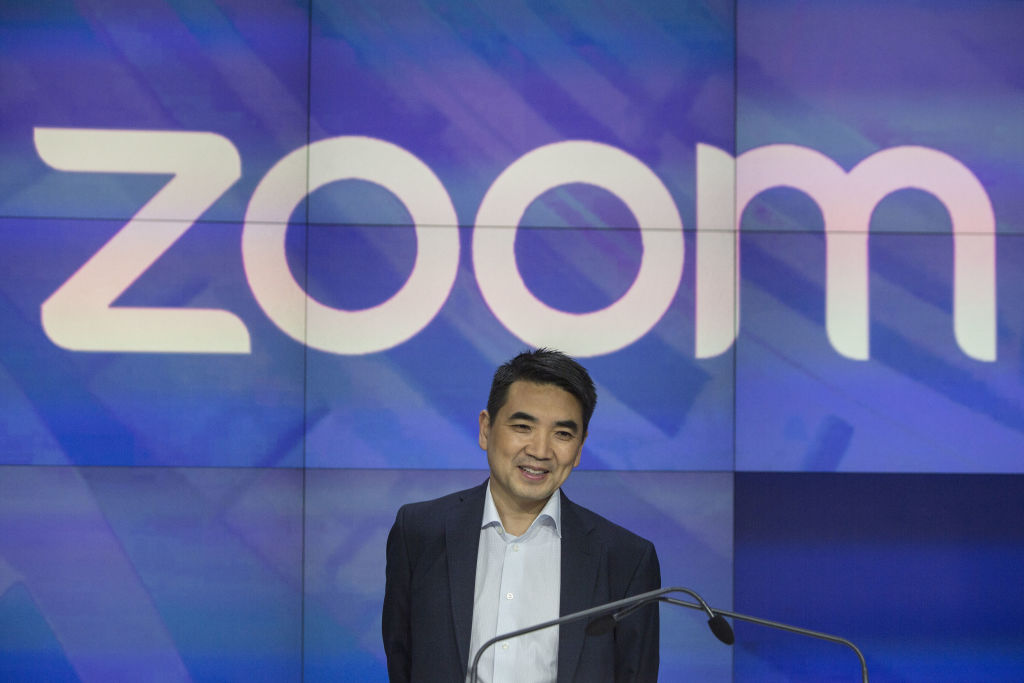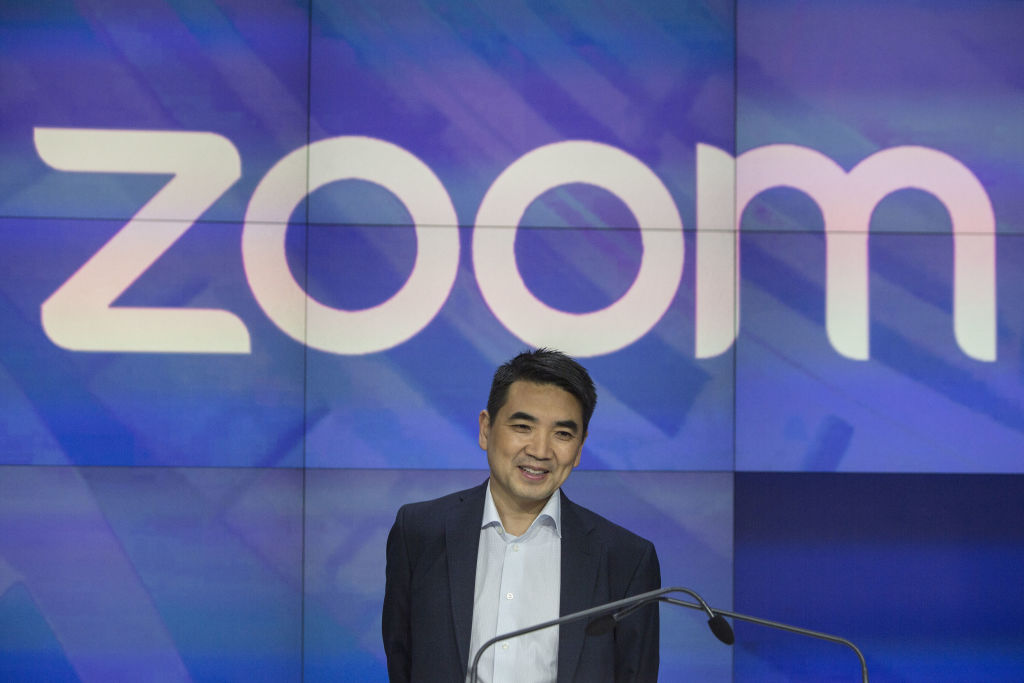Key Points
- Zoom CEO Eric Yuan highlighted AI’s role in shortening the workweek.
- The company unveiled an AI‑driven “digital twin” avatar for video calls.
- Digital twins have already been used in Zoom’s earnings calls.
- AI will be integrated into Zoom’s whiteboard, docs, and email tools.
- Yuan predicts a shift to a three‑ or four‑day workweek within five years.
- AI assistants could handle routine communication and contract negotiations.
- Zoom is dedicating significant resources to AI development.

Zoom’s AI‑Powered Digital Twin
At TechCrunch Disrupt, Zoom’s founder and chief executive Eric Yuan introduced the company’s latest artificial‑intelligence development: a “digital twin” that functions as an AI avatar capable of speaking for its user during video calls. Yuan demonstrated the feature by using it in a recent earnings call, showing how the avatar can convey a speaker’s points while the human participant focuses on other tasks.
Expanding AI Across Zoom’s Product Suite
Yuan explained that the digital twin is only the beginning of Zoom’s AI integration. The company plans to embed AI assistance throughout its broader suite, which includes an online whiteboard, collaborative documents, and meeting transcription tools. AI could automatically scan email inboxes, prioritize messages, and draft responses, allowing users to spend less time on routine communication and more time on strategic work.
AI as a Catalyst for a Shorter Workweek
The central theme of Yuan’s remarks was the potential for AI to compress the traditional five‑day workweek. By delegating repetitive tasks to intelligent assistants, employees could achieve the same output in fewer hours. Yuan projected that within five years, the standard work schedule could shrink to three or four days, fundamentally altering how businesses operate and how employees balance work and life.
Practical Scenarios and Future Outlook
To illustrate the impact, Yuan described a scenario where two executives negotiate a contract over Zoom. Instead of spending hours on a live call, each could send their digital twins to discuss terms, freeing the humans to focus on higher‑level decision‑making. This example underscores Yuan’s belief that AI will not replace human interaction but will augment it, handling the “heavy lifting” of communication.
Overall, Yuan’s message was clear: Zoom is betting heavily on AI, allocating extensive strategic resources to develop and refine these capabilities. He emphasized that the company’s future growth hinges on the successful integration of AI across its platform, with the ultimate goal of enabling a more efficient, flexible, and shorter workweek for its users worldwide.
Source: techcrunch.com
